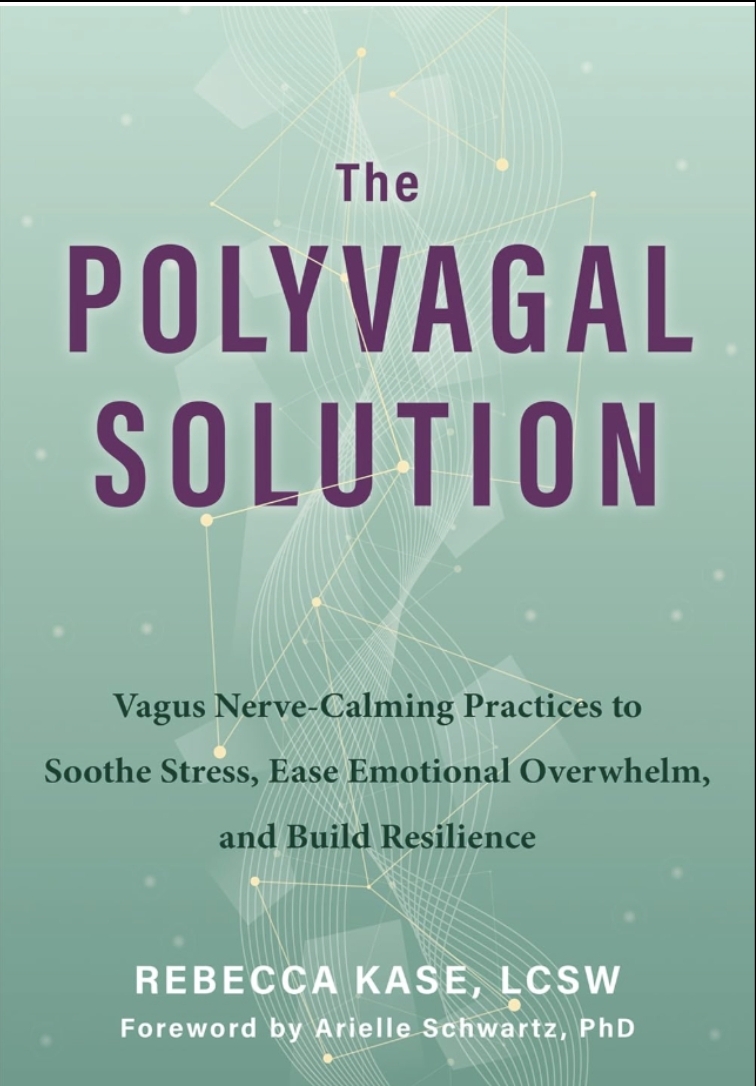Lifestyle
Sam Jacobs on Why Early Entrepreneurs have a Better Chance at Success

Millennials are digital natives, risk-takers and have no qualms in pursuing their passion, and that is what makes so many youngsters to follow their entrepreneurial dreams, early on. e-Commerce Entrepreneur and CEO Sam Jacobs is all of 18 and is leading the Drop-Shipping game with his obsession, speed and hard work. With 79.5K followers, the young Instagrammer has made over $1.5 Million through his three e-commerce websites in less than one year’s time. He’s used social media in creating a loyal base of customers as well as budding entrepreneurs who want to follow his footprints.
Twenties or even early, as is the case with Sam Jacobs, is the right time to adopt the new technologies. Early entrepreneurs have an edge over their olden counterparts in learning new tools, adopting new platforms much more faster. They are open to exploring new avenues and experimenting with newer ways of generating more business.
In Sam Jacobs words, early entrepreneurs are people who see themselves as ‘Future Successes’. They set the self-doubt and doubters aside. At very initial stages of their entrepreneurial journey they learn that their everyday ‘Hard-Smart Work’ will pay off and success is bound to follow. Sam’s plunge in entrepreneurship was not without doubters, however, he had his goals clear and effort just in place.
As per Sam, early movers have better success rate as they can devote their 100%. Millennials have the potential to change their life by breaking through their past and aiming for the next level. The zeal to live a lifestyle of their choice and be their own boss is key driver for young entrepreneurs. Sam is an advocate of giving ‘All In’ to succeed at what you do and states, “Day by day coming and going, and whether or not you are using every second of it will decide how the rest of your life will look like.”
Entrepreneurship is exciting, however, it has its own set of ups and downs. The risk-taking ability of millennials gives them an upper hand to benefit from risk-reward aspects of business. Perseverance and passion are other two traits that help early entrepreneurs stick to their plan and succeed eventually.
Early entrepreneurs are growth hackers and want to see results soon. They do not hesitate to learn the tricks of the trade from people who’ve been there and done well. These people are open to learning and take lessons from failures of others, without burning their own capital with ‘trial and error’. Energy and enthusiasm is another factor that makes young entrepreneurs achieve success. “Work till your results speak for themselves,” sums up Sam who’s worked tirelessly till 4am on most nights early in his entrepreneurial stint.
Lastly, gone are the days when businesses were run solely with the purpose to earn money. Today entrepreneurs want to make an impact on the world around them and that’s what makes them successful as the run up is not for money, but for real-world problem solving.
Lifestyle
The Missing Piece in Self-Help? Why This Book is Changing the Wellness Game

Self-help shelves are full of advice — some of it helpful, some of it recycled, and most of it focused on “mindset.” But Rebecca Kase, LCSW and founder of the Trauma Therapist Institute, is offering something different: a science-backed, body-first approach that explains why so many people feel struck, overwhelmed, or burned out — and what they can actually do about it.
A seasoned therapist and business leader, Kase has spent nearly two decades teaching others how to navigate life through the lens of the nervous system. Her newest book, “The Polyvagal Solution,” set to release in May 2025, aims to shake up the wellness space by shifting the focus away from willpower and onto biology. If success has felt out of reach — or if healing has always seemed like a vague concept — this book may be the missing link.
A new way to understand stress and healing
At the heart of Kase’s approach is polyvagal theory, a neuroscience-based framework that helps explain how our bodies respond to safety and threat. Developed by Dr. Stephen Porges, polyvagal theory has transformed the way many therapists understand trauma, but Kase is bringing this knowledge to a much wider audience.
“The body always tells the truth,” Kase says. “If you’re anxious, exhausted, or always in overdrive, your nervous system is asking for support, not more discipline.”
“The Polyvagal Solution” makes this complex theory digestible and actionable. Instead of promising quick fixes, Kase offers strategies for regulating the nervous system over time, including breathwork, movement, boundaries, and daily practices that better align with how the human body functions. It’s less about pushing through discomfort and more about learning to tune in to what the body needs.
From clinical expertise to business insight
What sets Kase apart isn’t just her deep understanding of trauma but how she blends that knowledge with real-world experience as a business owner and leader. As the founder of the Trauma Therapist Institute, she scaled her work into a thriving company, all while staying rooted in the values she teaches.
Kase has coached therapists, executives, and entrepreneurs who struggle with burnout, anxiety, or feeling disconnected from their work. Regardless of who she works with, though, her message remains consistent: the problem isn’t always mindset — it’s often regulation.
“Success that drains you isn’t success. It’s survival mode in disguise,” Kase explains. Her coaching programs go beyond traditional leadership training by teaching high achievers how to calm their nervous systems, enabling them to lead from a grounded place, not just grit.
Making the science personal
For all her clinical knowledge, Kase keeps things human. Her work doesn’t sound like a lecture but rather like a conversation with someone who gets it. That’s because she’s been through it herself: the long hours as a therapist, the emotional toll of supporting others, the realities of building a business while managing her own well-being.
That lived experience informs everything she does. Whether she’s speaking on stage, running a retreat, or sharing an anecdote on her podcast, Kase has a way of weaving humor and honesty into even the heaviest topics. Her ability to balance evidence-based practice with practical advice is part of what makes her voice so compelling.
Kase’s previous book, “Polyvagal-Informed EMDR,” earned respect from clinicians across the country. But “The Polyvagal Solution” reaches beyond the therapy community to anyone ready to understand how their body is shaping their behavior and how to create real, sustainable change.
Why this message matters
We’re in a moment where burnout is common and overwhelm feels normal. People are looking for answers, but many of the tools out there don’t address the deeper cause of those feelings.
That’s where Kase’s work lands differently. Instead of telling people to “think positive” or “try harder,” she teaches them how to regulate their own biology. And in doing so, she opens the door for deeper connection, better decision-making, and more energy for the things that matter.
As more workplaces begin to embrace trauma-informed leadership, more individuals are seeking solutions that go beyond talk therapy and motivational content. Kase meets that need with clarity, compassion, and a toolkit rooted in both science and humanity.
A grounded approach to lasting change
What makes “The Polyvagal Solution” stand out is its realism. It doesn’t ask readers to overhaul their lives but instead asks them to listen — to pay attention to how their bodies feel, how their stress patterns manifest, and how even small shifts in awareness can lead to significant results over time. Whether you’re a therapist, a team leader, or someone trying to feel more at ease in your own skin, this book offers a way forward that feels both grounded and achievable.
Rebecca Kase isn’t just adding another title to the self-help genre. She’s redefining it by reminding us that we don’t have to muscle our way through life. We just have to learn how to work with, not against, ourselves.
And maybe that’s the real game-changer we’ve been waiting for.
-

 Tech4 years ago
Tech4 years agoEffuel Reviews (2021) – Effuel ECO OBD2 Saves Fuel, and Reduce Gas Cost? Effuel Customer Reviews
-

 Tech6 years ago
Tech6 years agoBosch Power Tools India Launches ‘Cordless Matlab Bosch’ Campaign to Demonstrate the Power of Cordless
-

 Lifestyle6 years ago
Lifestyle6 years agoCatholic Cases App brings Church’s Moral Teachings to Androids and iPhones
-

 Lifestyle4 years ago
Lifestyle4 years agoEast Side Hype x Billionaire Boys Club. Hottest New Streetwear Releases in Utah.
-

 Tech7 years ago
Tech7 years agoCloud Buyers & Investors to Profit in the Future
-

 Lifestyle5 years ago
Lifestyle5 years agoThe Midas of Cosmetic Dermatology: Dr. Simon Ourian
-

 Health6 years ago
Health6 years agoCBDistillery Review: Is it a scam?
-

 Entertainment6 years ago
Entertainment6 years agoAvengers Endgame now Available on 123Movies for Download & Streaming for Free
